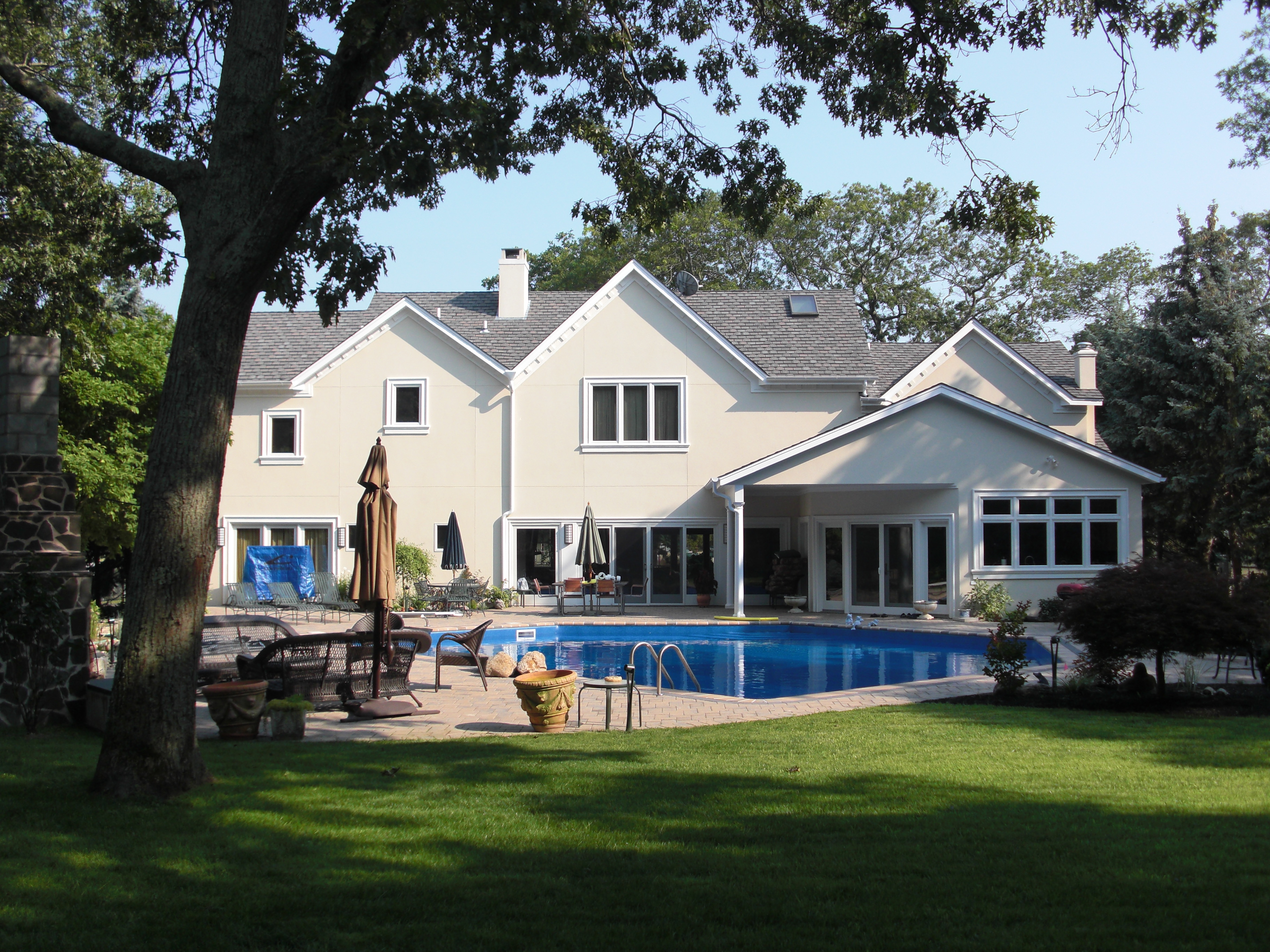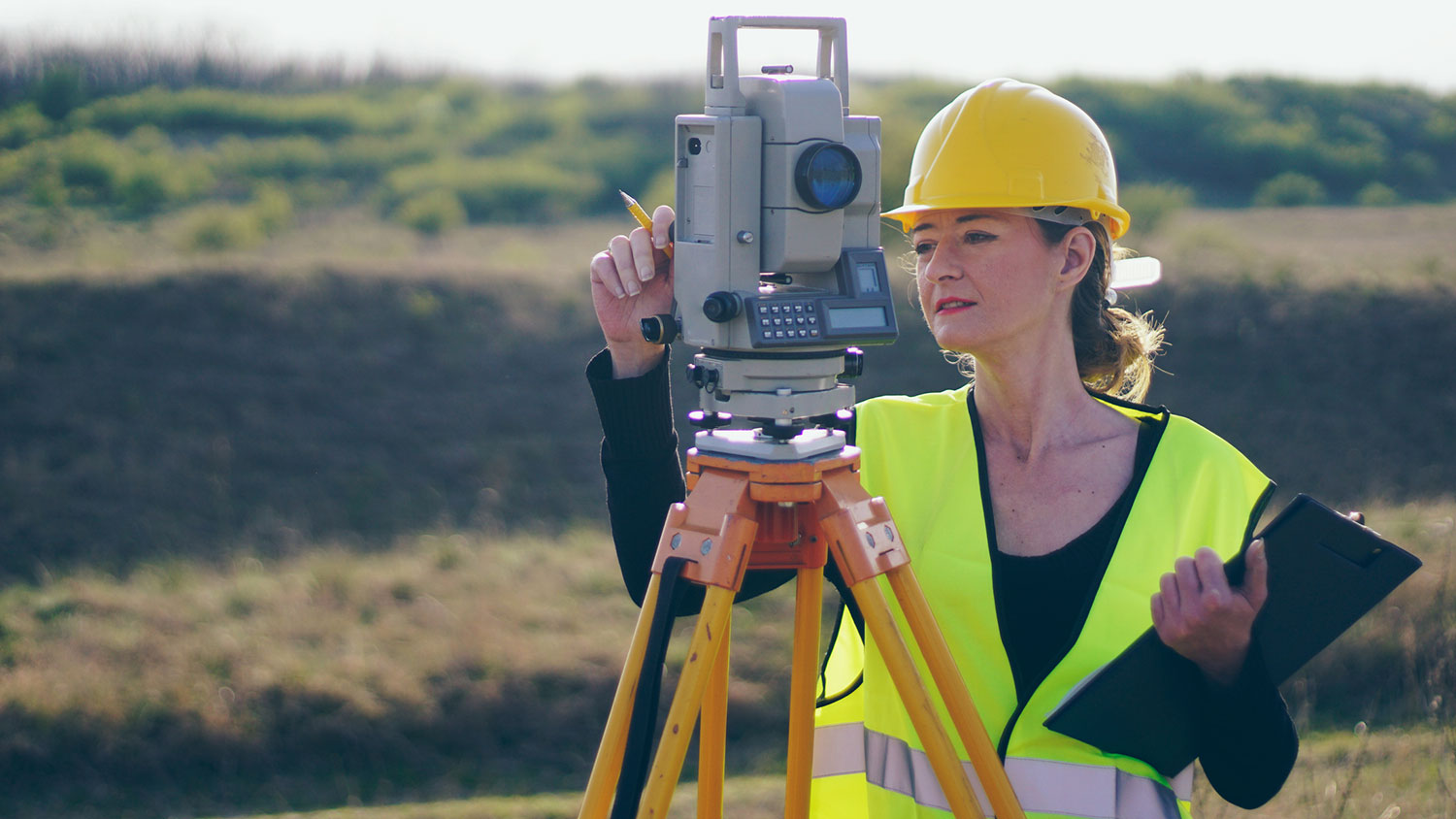
Home appraisals are an important part of buying or selling a home and getting a mortgage loan. Learn more about home appraisal costs and what they include.
Antique and jewelry appraisal costs depend on your project and location. Check with a local pro for your specific job.
A pre-listing appraisal helps set a competitive asking price.
Costs vary by property type, size, and location.
Hiring a certified appraiser can provide more accurate results.
Additional fees may apply for rush service or properties with complex requirements.
A pre-listing appraisal can help maximize your home’s sale price.
This article was created using automation technology and thoroughly fact-checked and edited by an Angi Editor in accordance with our AI policy.
Pre-listing appraisal costs an average of $450, with most homeowners spending between $350 and $550. This one-time fee helps determine your home’s market value before listing it for sale. Costs can vary based on property size, location, and the appraiser’s credentials.
Understanding pre-listing appraisal cost is important for homeowners who want to price their property accurately and avoid surprises during the selling process. This guide breaks down what impacts cost, what to expect, and how to get the most value from your investment.
Before listing your home, understanding what drives the cost of a pre-listing appraisal can help you plan and budget with confidence. Let’s look at the key factors that affect pricing.
The type of property you’re selling significantly impacts the listing appraisal cost. Single-family homes, condos, multi-family buildings, luxury estates, rural properties, and even commercial spaces all require different levels of detail and expertise.
Standard appraisals for single-family homes are less expensive than those for complex or unique properties, such as historic homes or those with unusual features. Specialized appraisals are needed for properties with custom construction, unique layouts, or high-end finishes, and these cost more due to the additional time and expertise required.
| Appraisal Type | Average Cost Range | Description |
|---|---|---|
| Single-family home | $300–$500 | Standard appraisal for a standard residential house |
| Condo | $300–$500 | Similar to single-family, often less complex |
| Multi-family (2–4) | $500–$900 | More units increase the scope and appraisal time |
| Luxury property | $600–$1,200 | High-value, unique features, more complex valuation |
| Rural property | $500–$900 | May require travel, unique land/feature assessment |
| Commercial property | $800–$2,500 | Extensive analysis, special expertise needed |
Property size is a major cost driver for pre-listing appraisals. Larger homes or properties with multiple units require more time for inspection, measurement, and valuation.
A small condo or bungalow will cost less to appraise than a large estate or multi-unit building. For example, a 1,200-square-foot home may fall at the lower end of the cost range, while a 5,000-square-foot property or a duplex will cost more.
| Property Size | Average Cost Range | Notes |
|---|---|---|
| Under 1,500 sq. ft. | $300–$400 | Smaller, less complex to inspect |
| 1,500–3,000 sq. ft. | $400–$600 | Most single-family homes |
| 3,000+ sq. ft. | $600–$900 | Large homes, luxury, or custom builds |
| Multi-unit (2–4 units) | $500–$900 | Additional time for each unit |
While materials are not a direct line item, unique or high-end property features can increase appraisal complexity and, therefore, cost. Upgrades such as imported stone counters, custom woodwork, smart home systems, or extensive renovations often require extra documentation and valuation expertise. Homes with rare materials or unusual layouts may prompt the appraiser to spend more time on research and comparisons.
Pre-listing appraisals are performed by state-licensed or certified local home appraisers. Most charge a flat fee, but some may use hourly rates for very complex or unusual properties. Appraiser experience, level of certification, and demand in your area all influence pricing.
In high-demand urban markets, fees may be higher due to local competition and living costs. Certified appraisers with advanced credentials or specialized expertise (such as luxury or historic homes) also command higher fees. Standard hourly rates, when charged, range from $75 to $200 per hour, though most homeowners pay a flat fee for standard residential work.
Preparing your home for a pre-listing appraisal can involve small but important costs. Cleaning, making minor repairs, and staging can all help your home show its best and may even boost your appraised value. Some homeowners choose to pay for a pre-appraisal consultation, which costs $100 to $250. Investing in preparation can help avoid lower valuations or the need for a costly re-inspection.
Tipping is not expected or customary for appraisers. These professionals work for a set fee, and ethical standards discourage any form of gratuity. If you want to show appreciation for thorough service, a positive online review or referral to friends and neighbors is the best way to thank your appraiser.
Several other factors can affect your pre-listing appraisal cost:
Rush or expedited service: Expect to pay $100 to $300 extra for same-day or next-day turnaround.
Travel surcharges: Rural or remote properties may incur additional fees if the appraiser must travel long distances.
Administrative or report fees: Extra copies or digital report delivery may cost $25 to $50.
Complex property fees: Unique valuation needs, such as accessory dwelling units or outbuildings, can add $100 to $500.
Permits or inspections: If your appraisal requires special documentation or structural inspections, these costs are separate.
Structural issues: Major system deficiencies or visible damage may require further inspection, raising the overall cost.
Homeowners sometimes consider a DIY approach to estimating their home’s value. While online valuation tools and Comparative Market Analyses (CMAs) from real estate agents are available, these do not carry the weight of a certified appraisal. DIY methods are free or low-cost but lack the accuracy and credibility of a professional report. To do a DIY appraisal, you’ll need a solid understanding of your local market, access to recent sales data, and the ability to assess your property’s condition and features objectively.
The main risks of DIY appraisals include inaccurate pricing, which can result in underpricing (leaving money on the table) or overpricing (leading to a longer time on the market). Professional appraisers bring expertise, access to comprehensive data, and an unbiased perspective. Time is also a factor: a DIY appraisal can take several hours to research and complete, while hiring a pro saves you time and provides an official report.
Some homeowners need additional services beyond a standard pre-listing appraisal. Here are common add-ons and what they cost:
Rush or expedited appraisal service: $100 to $300 extra
Additional copies of the appraisal report: $25 to $50 per copy
Appraisal updates or re-inspections: $100 to $250
Appraisals for unique property features (outbuildings, acreage): $100 to $500 additional
Consultation for preparing the home before appraisal: $100 to $250
Specialized valuation reports (luxury or historic homes): $200 to $600 extra
You can save money on pre-listing appraisal costs without sacrificing quality by following these steps:
Get multiple quotes from local certified appraisers.
Schedule during non-peak times to avoid rush fees.
Prepare your home thoroughly to avoid re-inspection charges.
Bundle services if possible, such as appraisal and home inspection.
Ask about digital report delivery to save on administrative fees.
Clarify all potential extra charges upfront before hiring.
Home is the most important place on earth, which is why Angi has helped more than 150 million homeowners transform their houses into homes they adore. To help homeowners with their next project, Angi provides readers with the most accurate cost data and upholds strict editorial standards. We extensively research project costs to develop the pricing data you see, so you can make the best decisions for you and your home. We rely on reputable sources, including the U.S. Bureau of Labor Statistics, academic journals, market studies, and interviews with industry experts—all to ensure our prices reflect real-world projects.
Want to help us improve our cost data? Send us a recent project quote to [email protected]. Quotes and personal information will not be shared publicly.
From average costs to expert advice, get all the answers you need to get your job done.

Home appraisals are an important part of buying or selling a home and getting a mortgage loan. Learn more about home appraisal costs and what they include.

Get transparent desktop appraisal cost info. Learn what affects pricing, compare options, and find ways to save on your home appraisal.

Home appraisals can come in low, even during an ultra-hot real estate market. Here’s what to do when a home appraisal is lower than the offer you receive.

Get transparent land appraisal cost info. Learn average prices, key cost factors, and tips to save on your next land appraisal.

Whether you’re looking to buy, sell, or refinance, you’ll need a good home appraiser. We’ll show you what to look for when hiring a home appraiser.